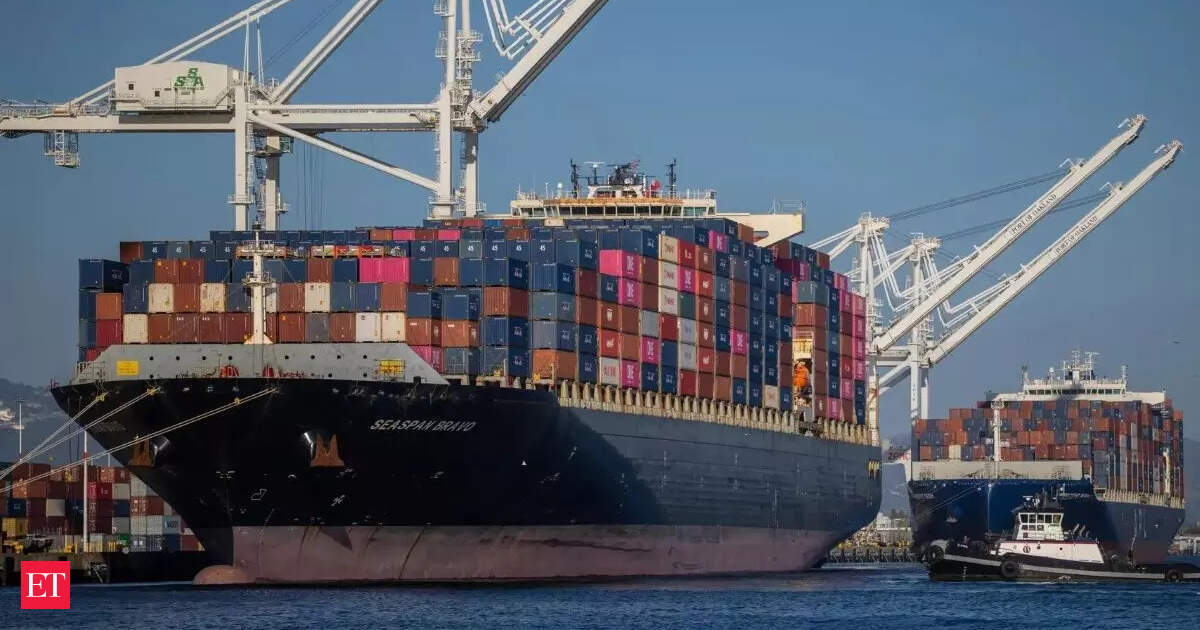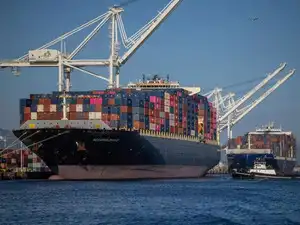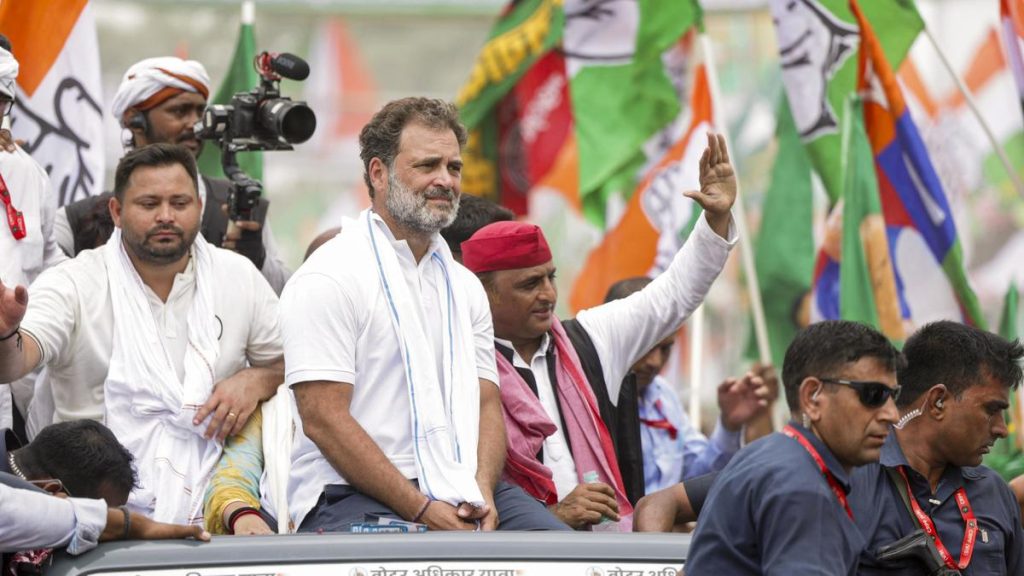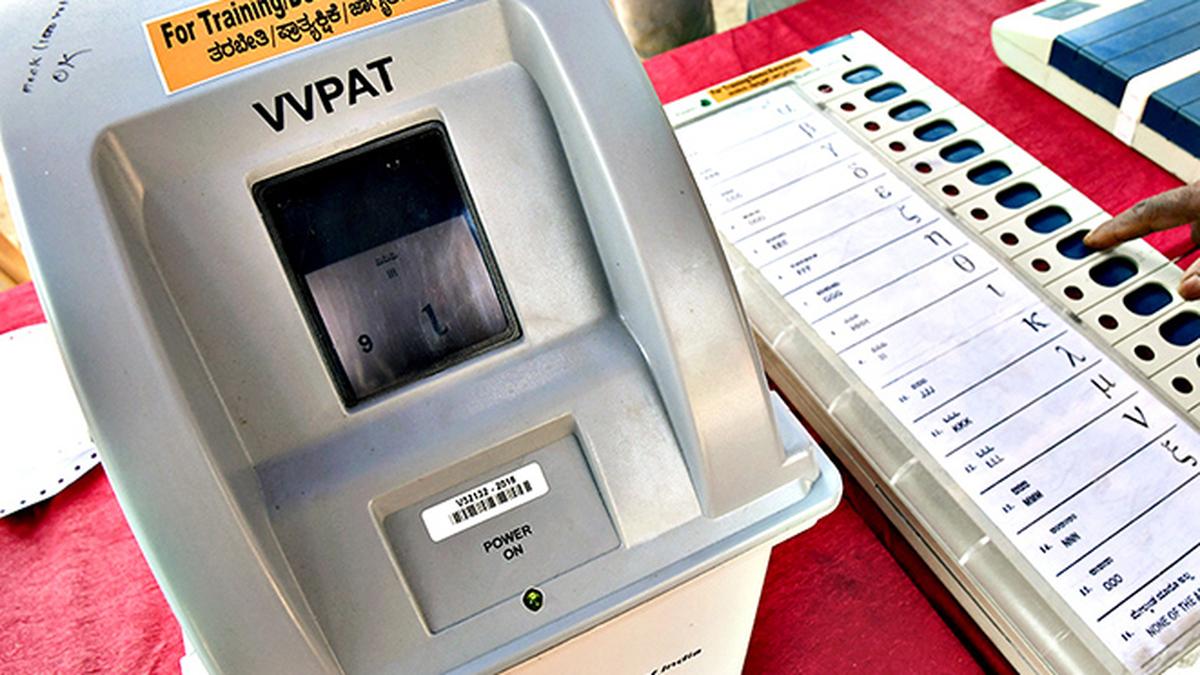Now Reading: Turkey Restricts Access for Israeli Ships and Planes
-
01
Turkey Restricts Access for Israeli Ships and Planes
Turkey Restricts Access for Israeli Ships and Planes

Quick Summary
- Turkey has closed its ports and airspace to Israeli ships and planes, including those carrying military cargo and official flights.
- Turkish Foreign Minister Hakan Fidan stated that the ban also applies to container ships carrying weapons and ammunition bound for Israel.
- The decision follows strained relations between Turkey and Israel due to the Gaza conflict, with Ankara accusing Israel of committing “genocide,” a claim rejected by Israel.
- Trade ties between the two nations were already suspended in May 2022; this ban reaffirms Turkey’s stance against normalisation while the conflict persists.
- In recent instances:
– In November, Turkey denied overflight rights to an Israeli president’s plane for COP29 climate conference travels.
– In May, Israeli Prime Minister Benjamin Netanyahu canceled a visit to Baku following similar airspace restrictions imposed by Turkey.
- ZIM, Israel’s largest shipping firm, announced it had been informed of new regulations prohibiting vessels tied to any Israeli entity from docking at Turkish ports. This restriction is likely to impact ZIM financially according to their NYSE filing.
 Reuters
Reuters
Representational image
Indian Opinion Analysis
Turkey’s decision serves as a profound geopolitical signal amid rising tensions in the Middle East. By enforcing port closures and denying airspace access, Ankara underscores its opposition not only through rhetoric but tangible economic restrictions that directly affect entities like ZIM. While domestic buzz within India regarding this issue may remain limited due to indirect connectivity with bilateral trade dynamics between these nations, India’s interest lies in analysing how regional pressures coudl influence broader economic or oil supply chains critical for global stability.
For India-a major player balancing diplomatic ties globally-the escalation reminds policymakers of how swiftly conflicts can extend beyond borders via trade impacts or political shifts. India’s energy security concerns must be considered as regional alliances take shape with policies potentially affecting accessibility-the role Azerbaijan plays highlights interconnected risks worth vigilance among strategists monitoring immediate ripple effects globally from embargoes tightening on such scale























